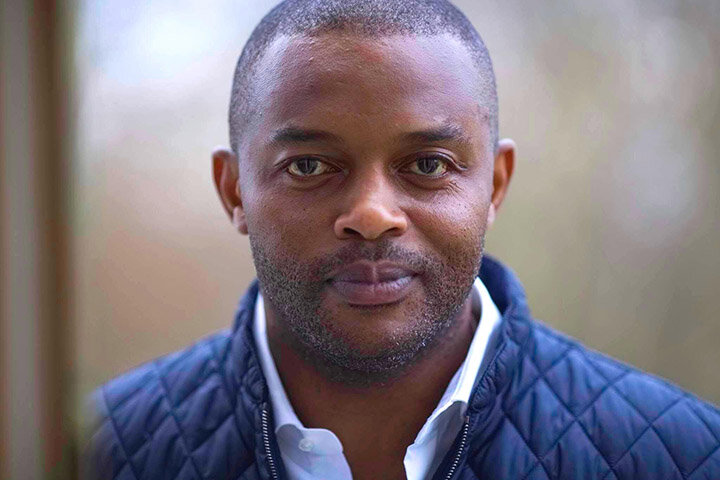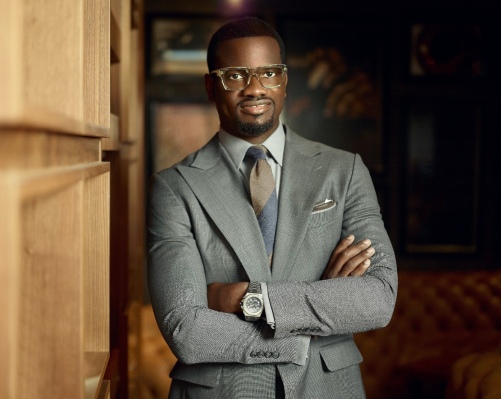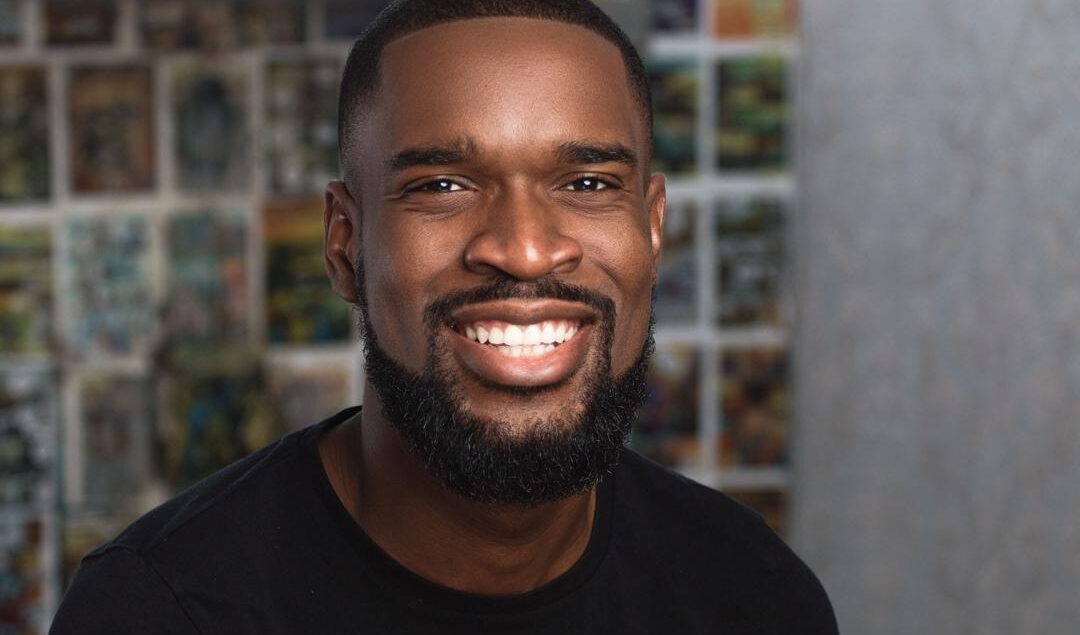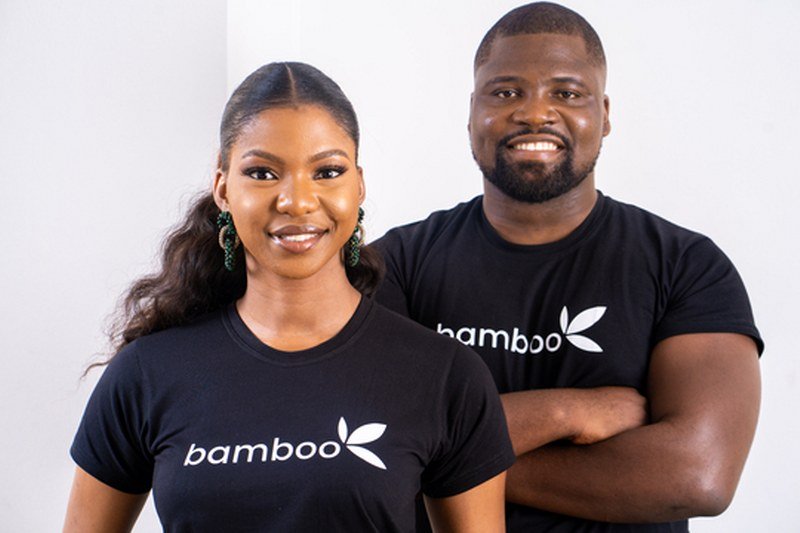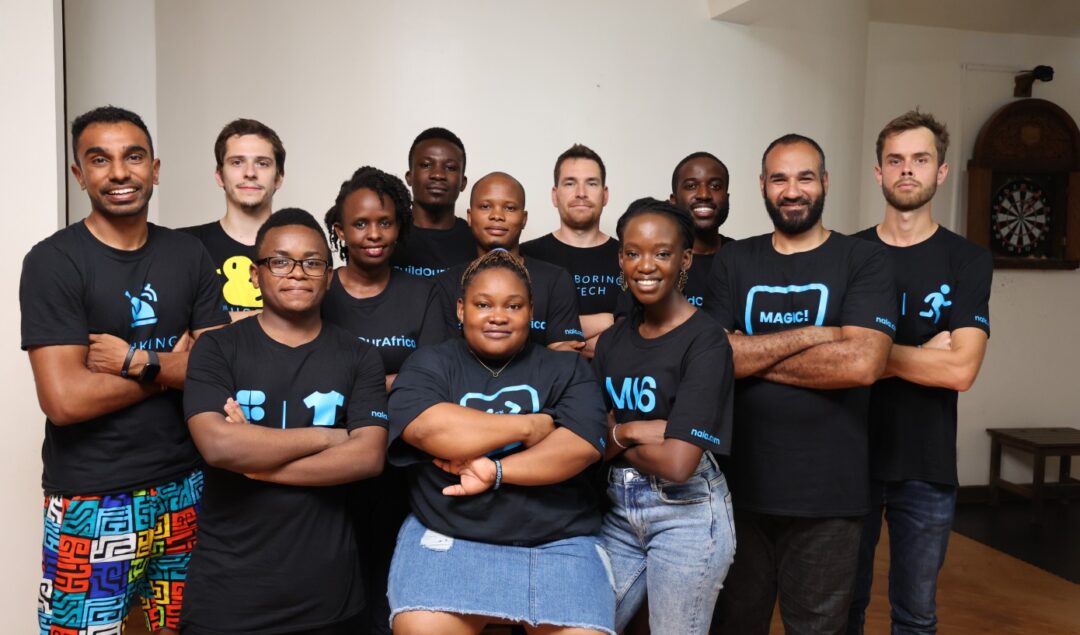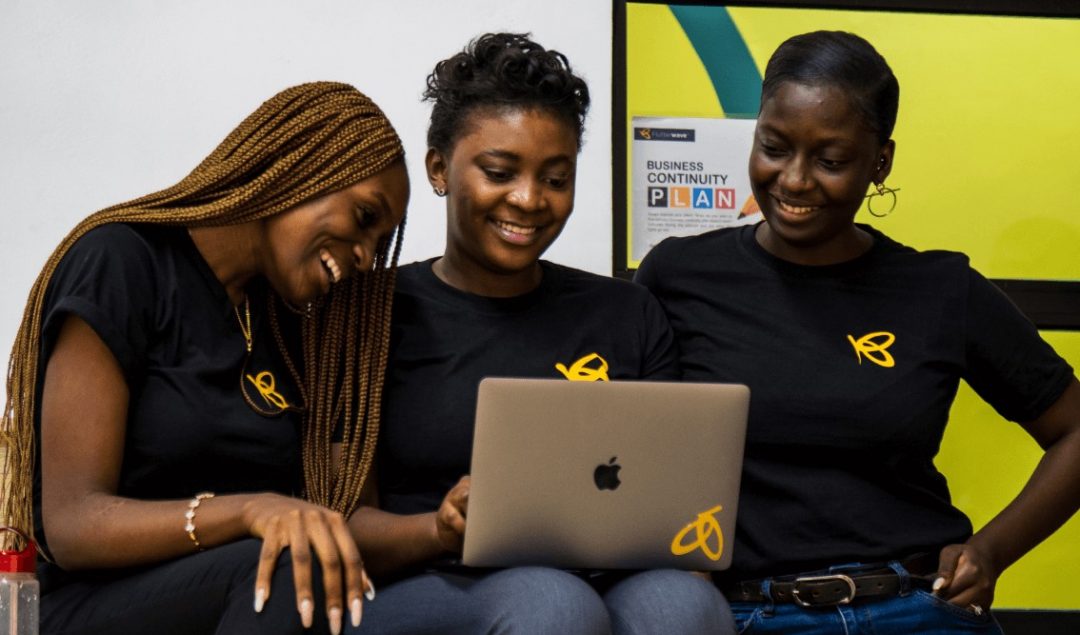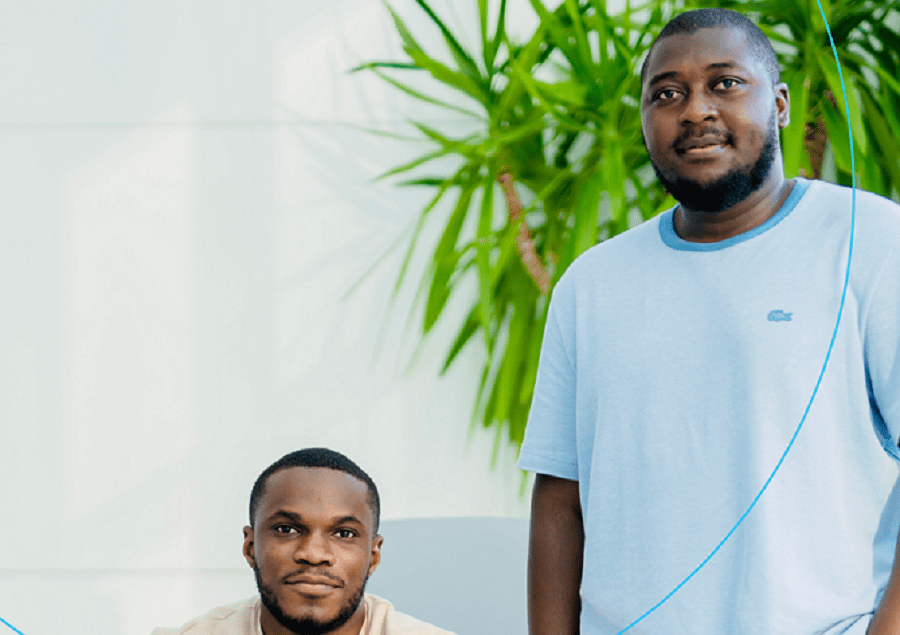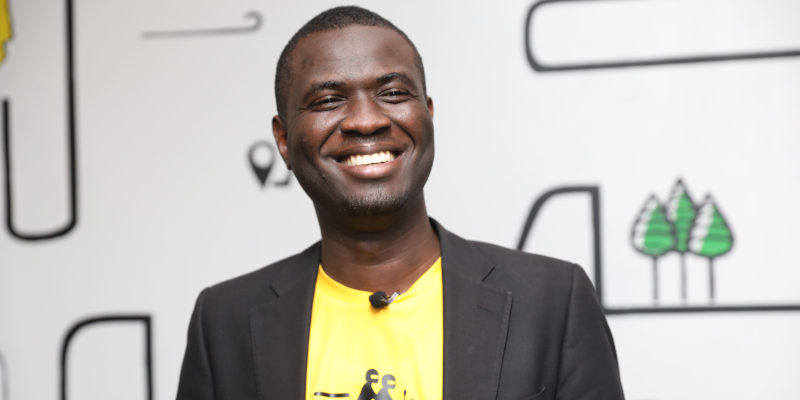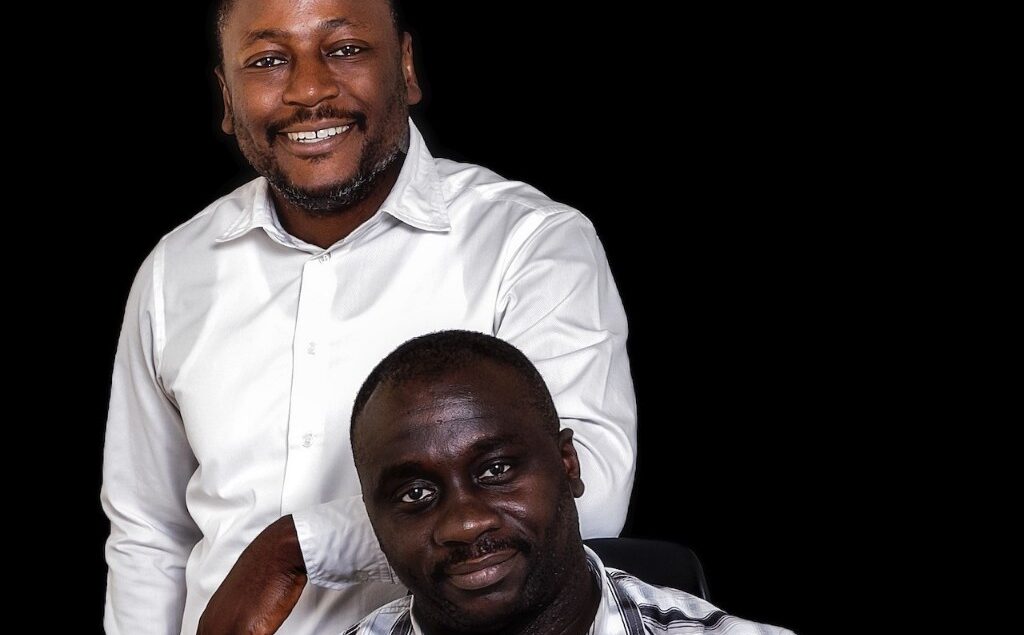Amitruck, a Kenyan tech-enabled logistics platform, has just raised $4 million in seed funding – bringing the total funds raised to date to $5 million. The most important purpose of this round is hiring, according to Amitruck founder and chief executive officer Mark Mwangi. The seed round was led by Better Tomorrow Ventures (BTV), with the participation of Dynamo Ventures, Rackhouse Venture Capital, Flexport Inc, Knuru Capital, Launch Africa Ventures, Uncovered Fund and a number of angel investors. Launched in 2019 as a digital logistics marketplace, Amitruck connects shippers with transporters
Casava, the self-described “Nigeria’s first 100% digital insurance company”, has raised a $4 million pre-seed round. It was first founded by Bode Pedro. Before starting Casava, Pedro ran VisaCover, an insurance brokerage company, in 2014. The idea for Casava came while VisaCover provided an alternative in the auto insurance market by allowing drivers of Uber, which was one of its partners, to make weekly insurance payments instead of quarterly or yearly payments insurance partners before it operated, according to TechCrunch. He left the VisaCover company in 2016 and Pedro brought on Olusegun
Nestcoin, a Black-owned company founded last November with a mission to build, operate, invest in web3 applications and make crypto accessible to everyone, has raised $6.45 million pre-seed. The company’s products cut across Decentralized Finance (DeFi), media, digital art, and gaming. Described by its founder as a venture collective, it launched its media arm called Breach last year to create bite-sized and informative crypto content for the average African. It also set up Metaverse Magna (MVM), a gaming guild that introduces users to the world of play-to-earn crypto-powered games like Axie
Bamboo, an investment platform that allows Nigerians to buy and trade US stocks in real-time from their mobile phones or computers, has raised $15 million in a Series A funding round. Launched in January 2020 by CEO Richmond Bassey and COO Yanmo Omorogbe, the start-up has rapidly grown in popularity with retail investors, claiming over 300,000 accounts in Nigeria. Its users can access all equities available on the US stock exchanges, that is, the stocks of roughly 6,000 companies. Last year, the company launched Powered by Bamboo, it’s API solution that allows asset managers, fintech
NALA, a Tanzanian cross-border payments company that recently pivoted from local to international money transfers, has raised $10 million in a new fundraising round. It comes almost three years after NALA secured a seven-figure pre-seed round led by Accel in 2019. It received funds from an impressive group of angel investors — Jonas Templestein, co-founder and CTO of Monzo; Vladimir Tenev, Robinhood co-founder and CEO; Deel founder Alex Bouaziz; Laura Spiekerman, co-founder of Alloy; Peeyush Ranjan, the head of Google Payments and early employees at Revolut and TransferWise. Sheel Tyle,
India had eight unicorns in 2018, nine in 2019, and 11 in 2020. Last year, the country celebrated 42. Similarly, it took China five years to reach five unicorns between 2010 and 2015, but then saw 21 unicorns in 2016 – and 91 unicorns in 2019. While Latin America has followed a similar trajectory, raising $14.8 billion in 2021 – more than it had raised between 2014-2020 combined – and minting nine of the region’s 17 unicorns. Now Africa, once a continent that was lagging behind in the investment race, is reportedly seeing $1
Ghanaian startup Float has picked up a significant round of funding with $17M already in the bag in the first few weeks of the year. The fintech which provides credit lines for businesses says the funding will be used to bolster its offerings and expand around the globe. The seed round was a mix of $7 million equity and $10 million debt. While Cauris provided debt financing, Tiger Global and JAM Fund, the investment firm of Tinder co-founder Justin Mateen co-led the equity bit. Other VC firms involved in the equity round include Kinfolk,
Nigerian mobility tech startup Metro Africa Xpress Inc. (MAX)has secured $31 million in Series B funding. The latest funding round was led by the global private equity platform, Lightrock, making its first investment in the African mobility space. Through their Digital Africa initiative, the UAE-based international venture capital firm Global Ventures also took part in the round, as did existing investors Novastar Ventures and Proparco, the French development finance institution. MAX currently designs and assembles its line of electric motorcycles. The firm says, “beyond solving the mobility challenges in Africa, we
CinetPay has secured $2.4 million in seed funding with venture capital funding from 4DX Ventures and unicorn Flutterwave. The startup, a payment gateway that allows e-merchants and merchants to accept mobile money and other payments in Francophone Africa, was founded by Idriss Monthe and Daniel Dindji in 2016. It acts as an online and point-of-sale payment solution for merchants to process payment from more than 130 payment operators — mobile money, bank cards, wallets. On the platform, merchants have to open an account and upload their KYC, integrate Cinet’s APIs, and collect payments. It came
Two-year-old startup uLesson has just announced that it closed a $15 million Series B round. The startup first launched by providing a product pack of SD cards and dongles with pre-recorded videos for K-12 students. They can either access lessons via streaming or use the SD cards to download and store the content. But uLesson has introduced new features for an all-encompassing edtech play for this demographic. It added quizzes and a homework help feature to connect students with tutors from universities. It also launched a one-to-many live class feature with polls and leaderboards

